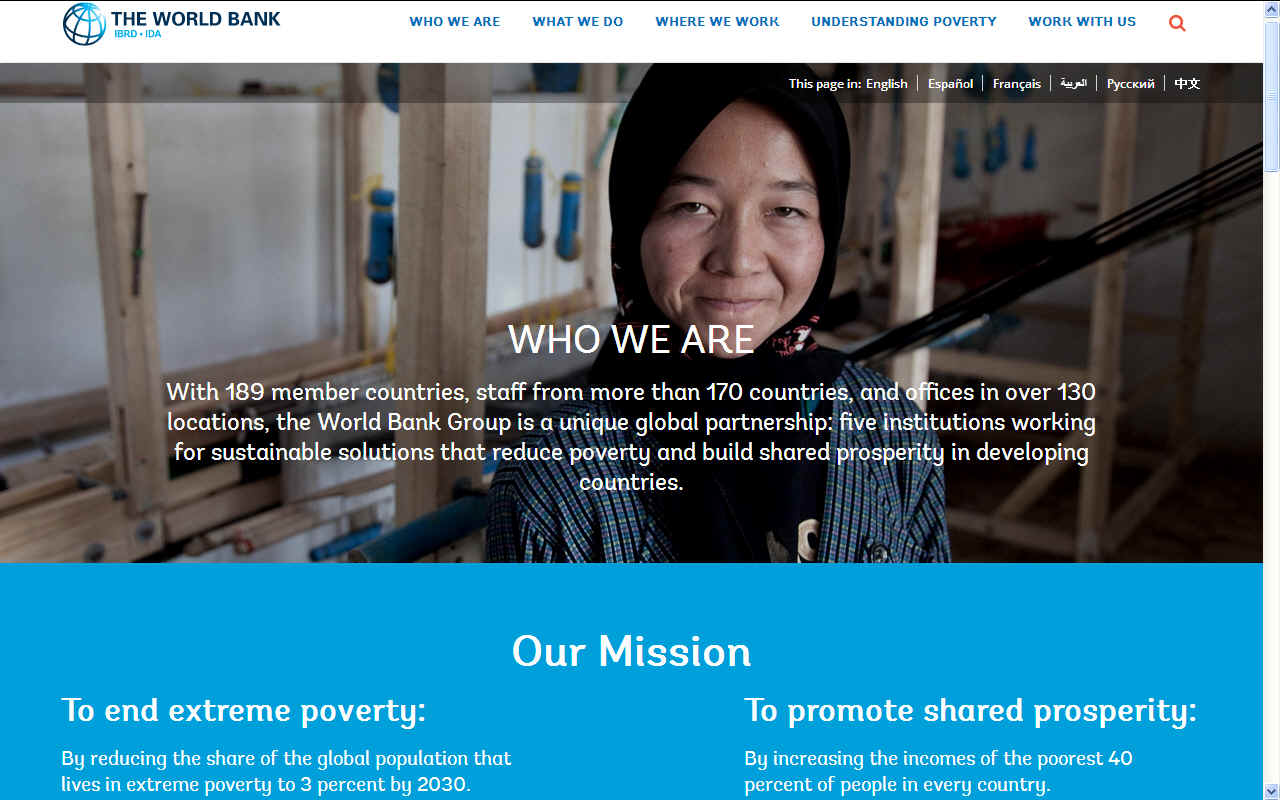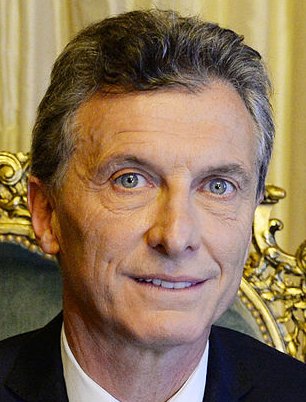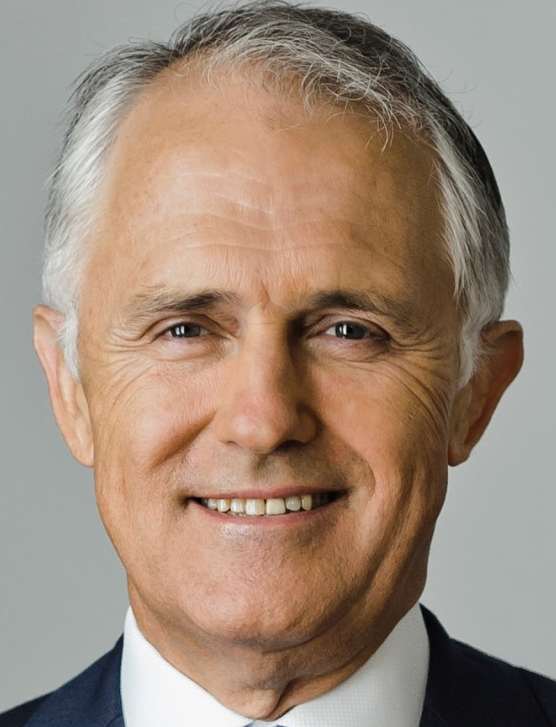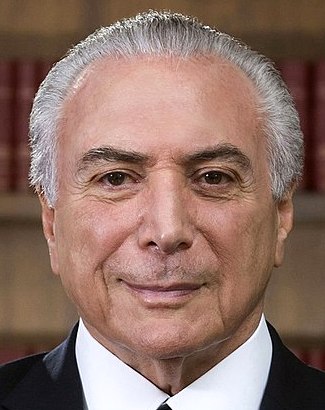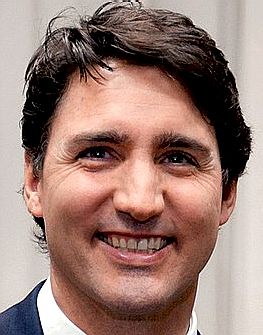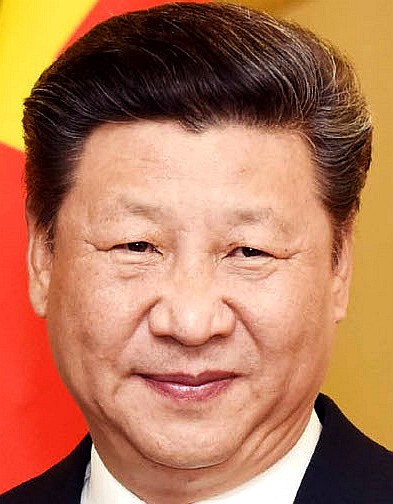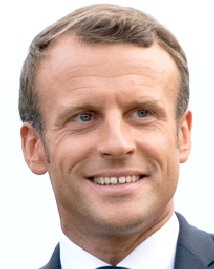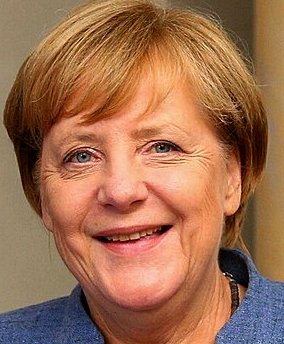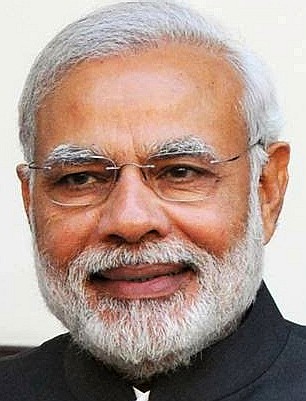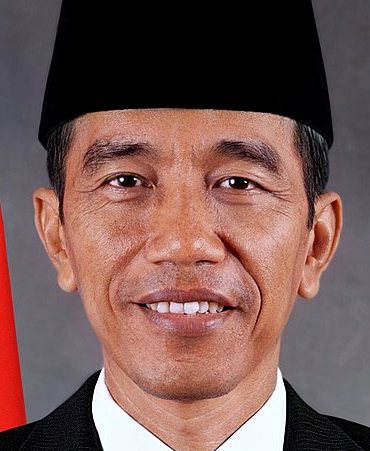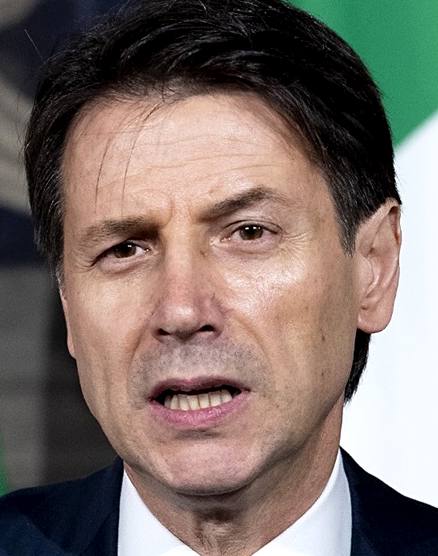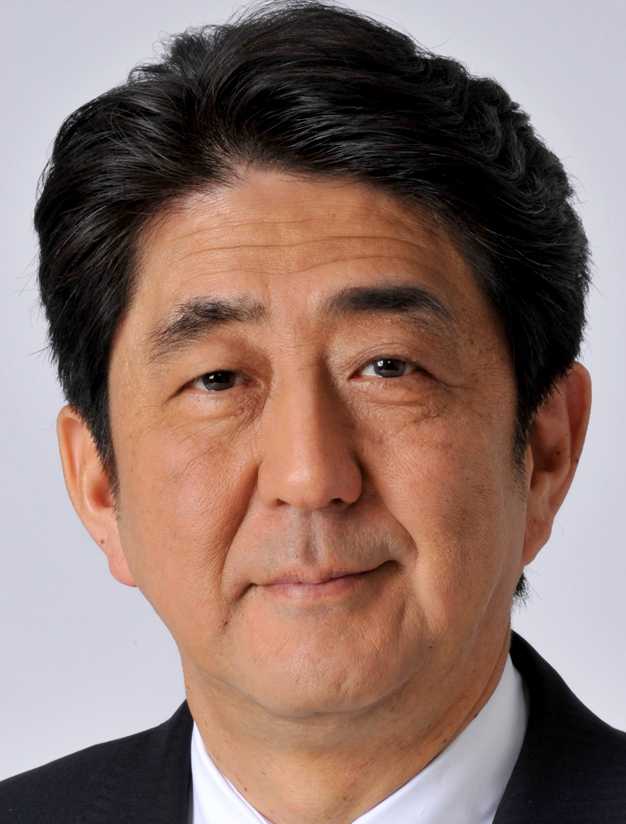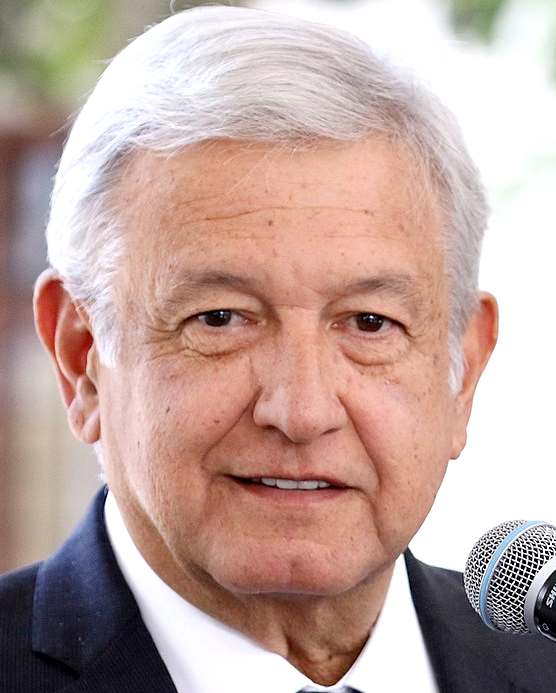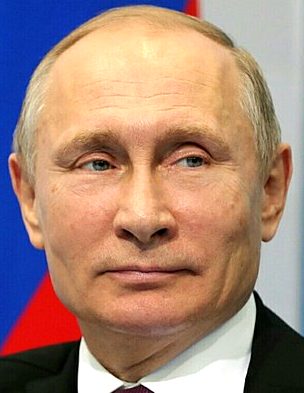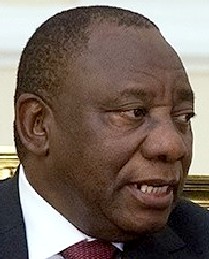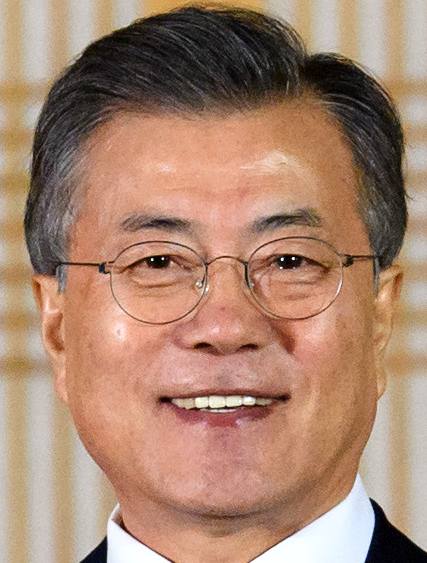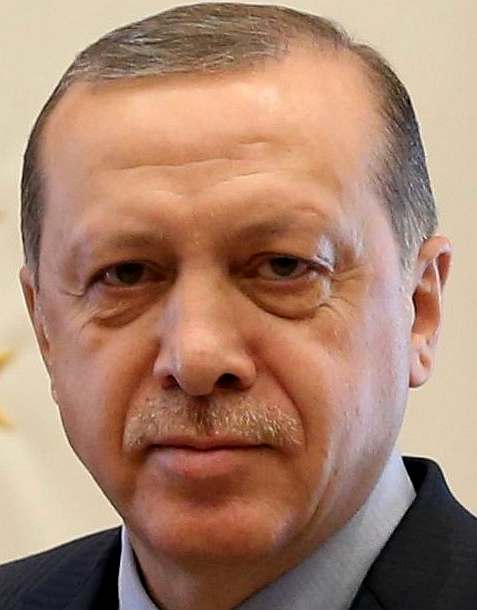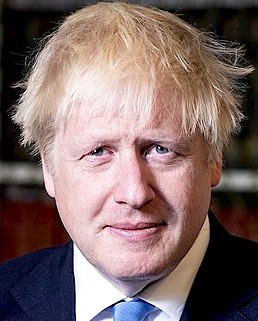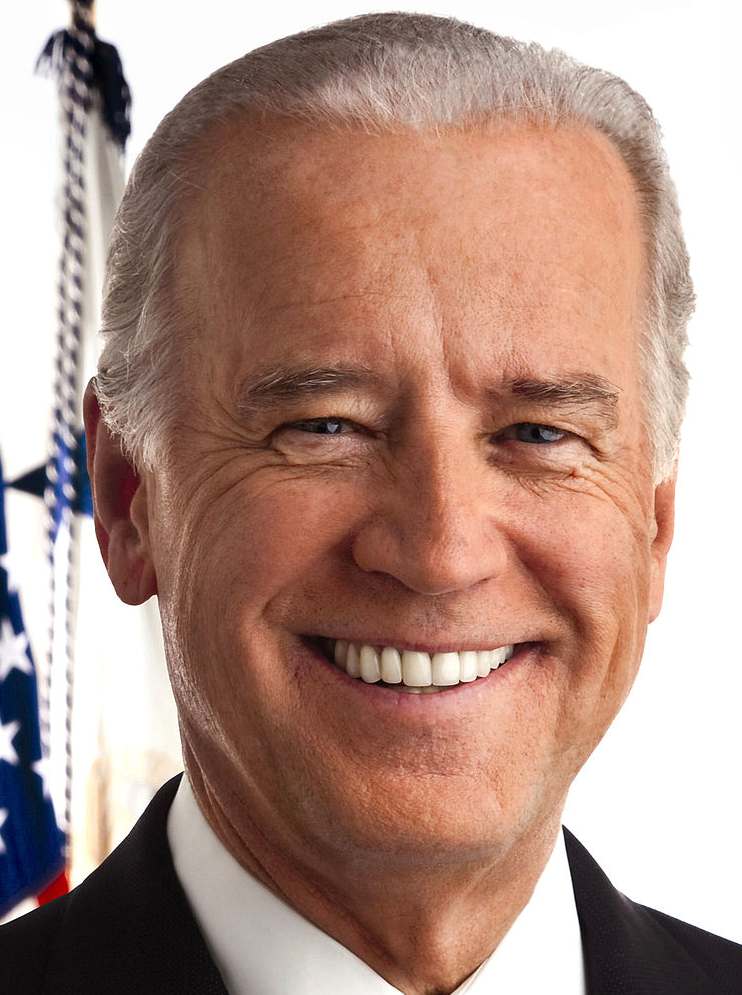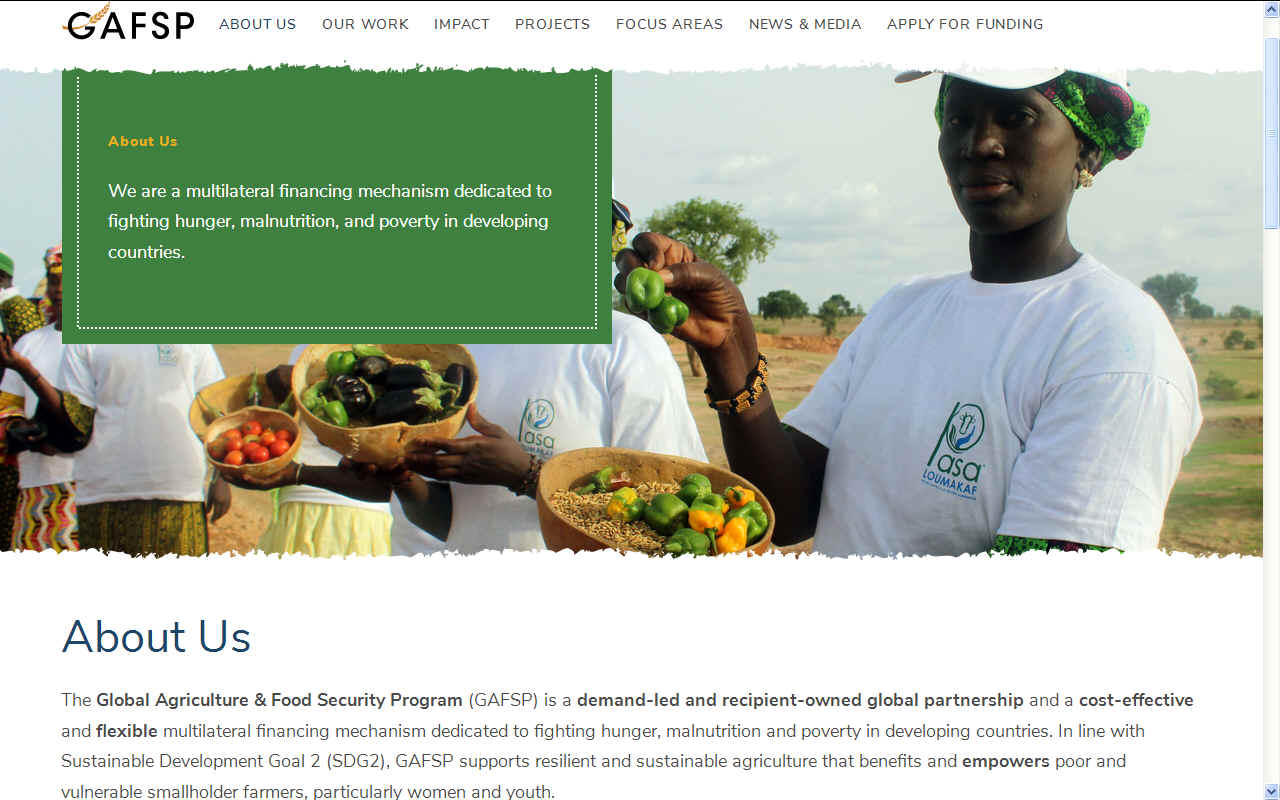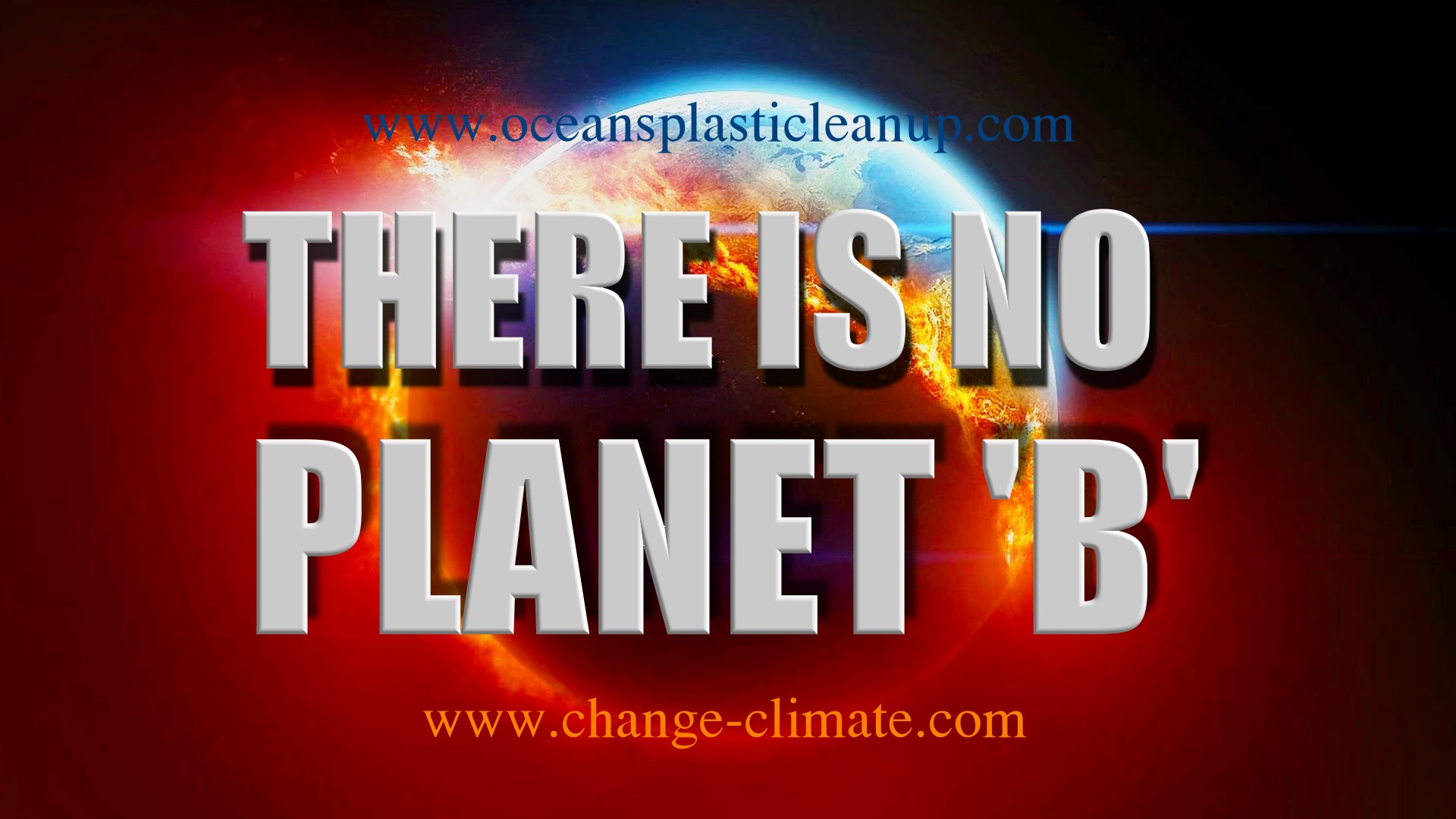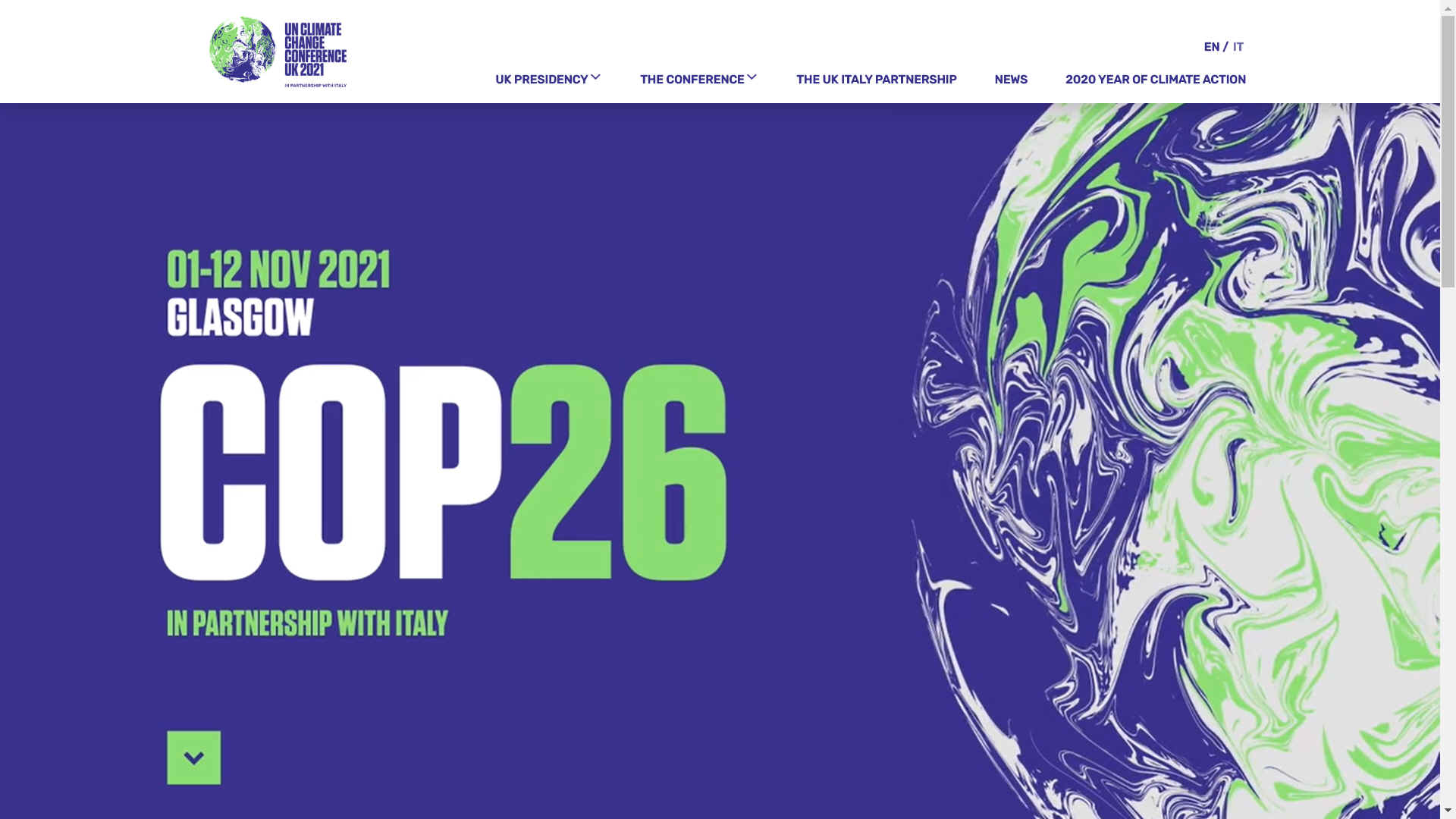|
WORLD BANKING
Please use our A-Z INDEX to navigate this site, or our HOMEPAGE
|
||||||||||||||||||||
2018 – The United Nations and the World Bank Group today signed a Strategic Partnership Framework
(SPF) in May of 2018, which consolidates their joint commitment to cooperate in helping countries implement the 2030 Agenda for
Sustainable
Development.
The world's bankers and the unregulated banking system, as pertains to production limitations, is a wonder to any conservationist. At least with the Gold Standard we had some built in limitation, but that was not enough for the fat cats who wanted to enslave the ordinary man and the rulers of nations that allowed super-heated economies to bloom based on Alice in Wonderland paper currency, that when the chips are down, is only useful for wiping your backside - and even then pretty useless. But the climate criminals love the lack of accountability, the same for cryptocurrencies.
There are a number of organizations that claim to promote world peace and societal projects for the good of mankind. These include the United Nations, the World Bank, the International Monetary Fund (IMF) and many smaller concerns that grant aid suitable projects. In addition there are incentives by most countries to promote clean energy and blue growth.
Climate change threatens oceans via acid rains and changing ocean chemistry, where a blue growth solution favours zero carbon shipping being implemented almost immediately to cover lost ground quickly where former complacency is now replaced with urgency in climate terms.
THE WORLD BANK
The World Bank (French: Banque mondiale) is an international financial institution that provides loans to countries of the world for capital projects. It comprises two institutions: the International Bank for Reconstruction and Development (IBRD), and the International Development Association (IDA). The World Bank is a component of the World Bank Group.
The World Bank is an organization that could bank-roll social projects, but where there is no profit in cleaning a patch of ocean (for example) for your neighbours, does not warrant consideration.
THE G20 HEADS OF STATE (2020) A - Z
DEVELOPMENT FINANCE - TRUST FUNDS and PARTNER RELATIONS
Most
Financial Intermediary Funds (FIFs) have supported global programs often focused on the provision of global public goods, preventing communicable diseases, responses to
climate
change, and food
security.
Millions of poor and vulnerable people around the world will directly benefit from GAFSP’s continued commitment and support. GAFSP looks to engage other donors and stakeholders in this important initiative.
TRUST FUNDS
Trust funds and partnerships are important tools to help the World Bank Group adapt to a fast-changing development finance landscape. Partnership programs are increasingly used to engage nongovernmental and private sector partners and link their knowledge and financing to the Bank Group’s capacity to deliver solutions in client countries.
Trust funds and partnership programs serve as a complement to IDA and IBRD financing. (Fact Sheet on
World Bank Trust Funds)
DFi manages the World Bank’s role as trustee of FIFs. This entails providing financial services including receiving, holding and investing contributed funds, and transferring them when instructed by the FIF governing body. Under some FIFs, the Bank also provides customized treasury management or other agreed financial services. FIF trusteeship does not involve overseeing or supervising the use of funds
GLOBAL AGRICULTURE & FOOD SECURITY PROGRAM (GAFSP) - is a Financial Intermediary Fund, and the Coordination Unit is housed at the World Bank. They work in partnership with these Supervising Entities: African Development Bank (AfDB), Asian Development Bank (ADB), Food and Agriculture Organization (FAO), Inter-American Development Bank (IDB), International Fund for Agricultural Development (IFAD), World Bank, and World Food Programme (WFP). The Private Sector Window is managed by the International Finance Corporation (IFC).
WB CONTACTS
1818 H Street, NW Washington DC 20433 USA
World Bank Group: Morgan Graham +1 (202) 458-7097, mgraham2@worldbankgroup.org +1 (917) 367-5414, harriganf@un.org
SIX (SUGGESTED) STEPS TOWARD A COOLER PLANET
1. TRANSPORT: Phase out polluting vehicles. Governments aim to end the sale of new petrol, and diesel vehicles by 2040 but have no infrastructure plan to support such ambition. Such infrastructure should exceed the performance of fossil fuel filling stations, prolong EV battery life and provide power grids with a measure of load leveling. Any such system should seek to obviate the provision of millions of fast charge points to include fuel cell cars, where implementation could otherwise prove to be a logistical nightmare. This may involve international agreement as to energy storage format and statute to steer OEM vehicle makers to collaborate as to future proofing, to include green hydrogen.
Marine transport can be carbon neutral given the right policy incentives, with phased transition in specific stages such as not to unduly penalize present investment in LNG shipping and other recent MARPOL compliant IC powered vessels. Future cargo vessel should be at least in part powered by renewable solar and/or wind energy, on the road to zero carbon, making allowances for technology catch-up. A scrappage scheme might encourage fleet operators to accelerate shipping upgrades, and a fund for radical innovation that would not otherwise qualify under in-situ programmes (such as Horizon Europe) might be introduced - with fast-track, reduced, form-filling and open-loop decision making, such that applications may be tweaked rather than struck out.
Air travel powered by kerosene should attract hefty mitigation offset, where low carbon alternatives should be encouraged such as electric air transport.
2. RENEWABLES: Renewable energy should replace carbon-based fuels (coal, oil and gas) in our electricity for homes, factories, heating and transport. Coal and nuclear power plants should be phased out.
3. HOUSING: On site micro or macro generation is the best option, starting with new build homes that are both affordable and sustainable by design to replace crumbling housing stocks. Encourage building in timber to provide carbon lock from a renewable natural resource. Planning policies should be updated to outlaw unsustainable development, with harsh financial penalties for kleptocratic local authorities, especially those with a history of corrupt practices (from historic similar fact evidence files).
4. AGRICULTURE: We need to grow more trees to absorb carbon emissions from a growing population, unregulated/unrestricted air travel. New homes should be timber where practical as a priority. We should promote reductions in food waste and the eating of foods that use less energy to produce. Educate children on these matters in schools and via campaigns such as no meat Mondays, should be part of ordinary study. Polluted fish from fisheries, might be replaced with fish farmed by aquaculture inland, rather than risk carcinogens from our seas.
5. INDUSTRY: Factories should be aiming for solar heating and onsite renewable energy generation. EV parking and even service facilities should be part of new industrial estates as part of any building permissions - with subsidies or tax reductions as incentives to property developers.
6. POLITICS: - National governing bodies need to adopt rules to eliminate administrative wastages, to include scaling down spending on (showboat) war machines, increasing spend on educating the public and supporting sustainable social policies that mesh with other cultures. This includes fostering policies and making funds available to close links in the technology chain to make up for lost time. Kleptocratic empire building must cease in the search for natural equilibrium.
International aid should not be provided to regions that cannot support life naturally. Land reclamation should be outlawed, and a solid currency system based on the ability of the planet to provide food for a growing population, such as a $Food Standard, such as to index link food production (security) to prevent unrestricted (artificial) money lending and superheated economies. There should be a policies of zero trust and full accountability.
Taxes collected from citizens in any form should only be spent on services they are collected for. Road Fund Licences, for road building, National Health Insurance Contributions, for health facilities, etc. The spend of other taxes such as Income and Value Added, should be fully accounted for to prevent slush fund payouts, for defence contracts, for example.
All policies should be SDG and Human Rights compliant, with exceptions needing to be openly qualified and justified, with effective remedy (right of challenge) to a higher national tribunal/court at every level, and to the international court of justice, where a national remedy conflicts. A lack of transparency and accountability would be one of the main reasons for challenge - because such decision making is highly suspect.
LINKS & REFERENCE
http://www.facebook.com/worldbank
2020 - Was another year of non-action, in fact no talks at all for the big cheeses to squabble and cloud issues for all the smaller nations that are being exploited. Can we expect anything of value to come out of the 2021 Highland fling?
Interestingly, the Covid 19 pandemic may have the effect of braking the economies of many nations - hence slowing global warming. This should be a lesson to all politicians.
|
||||||||||||||||||||
|
AGRICULTURE | BANKS | HOUSING | GROUP20 | INDUSTRY | MONEY | POLITICS | RENEWABLES | TRANSPORT
This website is provided on a free basis as a public information service. Copyright © Climate Change Trust 2021
|
